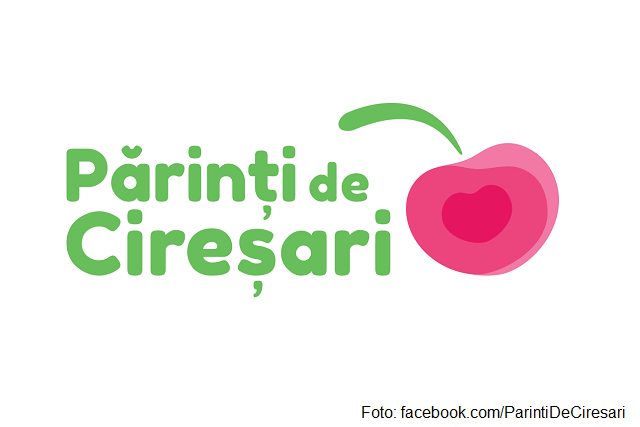Parents want clean air for their children
A local association takes steps to improve community standards to the benefit of their children

Vlad Palcu, 13.03.2024, 14:00
Since air quality in large urban centers is getting worse, we can notice an increase in pollution-related illness and fatalities. In 2021, for instance, over 2,800 people died in Bucharest due to long-term exposure to particles. In addition, 5.6% of infant fatalities are caused by pollution with PM10 microparticles. The data was centralized by the Ecopolis NGO, which also helps civic action groups and local communities combat pollution. One such community is the Părinți de cireșari Association in Bucharest, made up of adults primarily, concerned with their children’s health, playgrounds and community safety. Association representative Elena Lucaci told us more.
“We focused on a common objective, the Cireșarii sports club, which was shut down 15 years ago. It was frustrating for us, as parents, to walk with our children around a park and not be able to enter and enjoy the green area. In fact, this was not our starting point, but rather a playground in the Textila park, which had a sandbox devoted to small children. All parents would tell their children to keep away because the sandbox was filled with feces. We called on local authorities many times to come and clear the sand, because it posed a threat to public health. No one came, so I bought 22 disposable bags, I shoveled all the sand inside and cleared all the mess. I left the bags behind, next to the playground. I called the local garbage disposal authority and told them to come pick up the bags. This was actually our starting point, and we were a group of 20 mothers coming to that playground. Our group gradually got bigger, today totaling 350 mothers”.
Playground cleanliness and green areas are therefore top priorities for parents. And since air quality is also dependent on the presence of trees, flowers and gardens, the Părinți de Cireșari Association took action also against pointless pruning that harms perfectly healthy trees. The most efficient project run by the association is called “Turn off your engine”, a straightforward initiative, calling on parents to turn off their car engines around schools and nursery schools. In the meantime, the project evolved into a legislative initiative, at present debated in Parliament.
“This is another grassroots initiative run by the mothers. We are somehow surrounded by large boulevards, which amplifies pollution in our area. The traffic is very busy, many vehicles stopping in front of schools with their engines on. At times 5-6 cars would come, the parents left the vehicles with the engine on and went to the front gate to pick up their children. I was very frustrated, and I was happy to see I was not the only one. I have asthma and I actually threw a fit in front of my kid’s nursery school. So, our group took action, we pooled some resources and we printed 50 banners, displaying them in local schools. We thought an environmental protection workshop would also be a good idea, as children are known to influence their parents. As parents, we are aware of that. And that’s what we did until Ecopolis launched a call for projects. We enrolled our project, “Turn off your engine”, and it was one of the winners. We reached 23 schools and over 1,200 children before we started to see the first results. Children actually started talking to their parents at home, and parents would often tell me ‘My kid is killing me, telling me to turn off the engine, leave the car and take the bike to school’. So, to a certain degree, the initiative works”.
At present, Parliament is considering modifying the Road Traffic Code so as to ban vehicles from keeping their engines on longer than 5 minutes in cities and settlements. The Association doesn’t stop here, however, as they also want to lower the speed limit to 30 km on streets close to schools.
“These are important streets that are flooded with cars. For instance, on my street, some drivers run at 80 km/h. So, we want to conduct some studies, monitor air quality on routes taking children from home to school, by equipping children themselves with mobile sensors. It would also be interesting for them to get some action. It was our top priority, and we want to involve teenagers as well, keep them away from Tik-Tok and take them to community meetings to get to know each other. Two days ago, we hosted a neighborhood event on street safety, and I saw many young people who are not aware of what’s happening around them. They walk on the street with their headphones on. Attending the event were also representatives of the local police station and a kung-fu instructor who taught us basic self-defense techniques. It was very interesting, but it’s really hard to get teenagers to come to such events”.
It is equally hard to mobilize the adults, to keep pessimism in check and, more importantly, to battle with naysayers and others who feel bothered by such initiatives. Yet every time she feels disheartened and tired, Elena Lucaci comes back stronger with the help of other parents in her community. (VP)






























